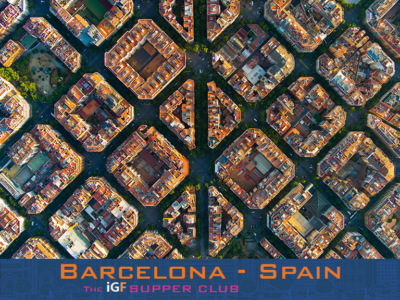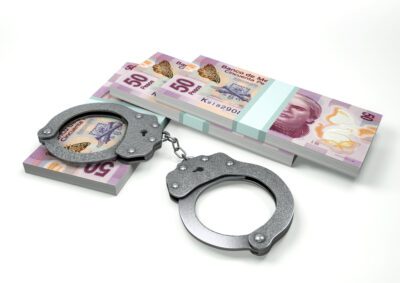So-called Magic Mushrooms–most specifically their active compound, psilocybin–could revolutionise the way gambling addiction is treated.
That’s one of the amazing takeaways from the recent 2025 National Council on Problem Gambling Conference, held in Columbus, Ohio in the U.S. between July 14-16.
The event brought together leading experts, regulators, and gambling industry stakeholders to connect, learn, and contribute to ways of combating problem gambling.
Among the conference’s forward-thinking themes was a focus on novel approaches to treating gambling addiction.
And one of the most talked-about sessions came courtesy of Pedro Romero, a renowned safer gambling consultant, psychologist, and psychedelic-assisted therapy expert, who shared his pioneering insights into how new research is changing the conversation around treating gambling addiction.
Psychedelics
The concept of using psychedelics to treat addiction isn’t new.
Research into substances like LSD and psilocybin began as far back as the 1940s.

However, over the past decade, research in this area has experienced a resurgence, yielding extremely promising results.
And here’s what the science tells us so far.
As little as a single dose of psilocybin, taken in controlled, therapeutic sessions, has been found to cause profound shifts in attitude and perception, often described as a “psycho-spiritual” state of consciousness.
These sessions can initiate a period of increased neuroplasticity, during which the brain becomes more malleable and flexible, allowing it to form new connections and break old patterns.
Specifically, it disrupts the Default Mode Network (DMN), which is associated with self-referential thinking, rumination, and rigid patterns of thought, also reducing blood flow in areas associated with fear and stress.
Gambling Addiction
According to Romero, this increased neuroplasticity, as well as the psychological experience of the initial dosing, creates an opportunity to address trauma–the root of many addictive behaviours–and therein compulsion.
In the last decade, leading institutions, including Johns Hopkins University in Baltimore , NYU Langone, UCLA in Calfornia, and Imperial College London, have published research attesting to the long-term success of psilocybin-aided therapy in treating conditions like depression, anxiety, substance abuse and PTSD.
Ongoing studies are currently researching its potential to treat behavioural addictions, including alcohol, nicotine and gambling addiction.
Although Romero is quick to caution against viewing psilocybin as a magic bullet for gambling addiction, he says: “It’s the first approach we’ve found that seems to resolve the underlying drivers of gambling addiction – not just suppress the symptoms.”
And, pivotally, unlike traditional pharmacological treatments, which often rely on longer-term medication and cognitive behavioural change, psilocybin-assisted therapy focuses on trauma resolution and emotional integration.
In short, it aims to heal the person, not just the habit.
Retreat, Rewire
While Romero acknowledges that we’re still a long way off from prescribing psilocybin as a treatment pathway–despite the U.S. Federal Drug Administration granting psilocybin “Breakthrough Therapy” designation, which expedites medical trials based on promising early results–, he believes it’s something people should be aware of, and, most importantly, be able to partake in.

Hosted in a country where Magic Mushrooms are legal, the retreat will offer fully-funded treatment to military veterans, emergency service personnel, and former professional athletes, in a guided and controlled setting and will be followed by ongoing therapy.
Currently, private retreats remain one of the few ways individuals can access psychedelic-assisted therapy, the majority of which are self-funded and held in countries where these drugs are permitted, which, for many addicts, creates a double barrier to treatment: location and finance.
To further advance the field and make this type of treatment more widely available, more public funding is required.
To date, most funding has been private, which has limited its scope and ultimate impact, and studies targeting gambling addiction are thin on the ground.
But in an industry where we are increasingly focused on player well-being and sustainability, beyond just laying bets, this area of research–using Magic Mushrooms to open the doors of addiction–is far too promising to ignore.




